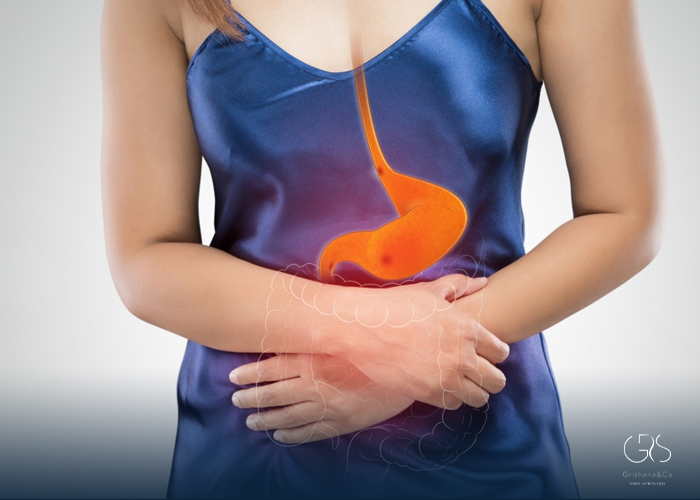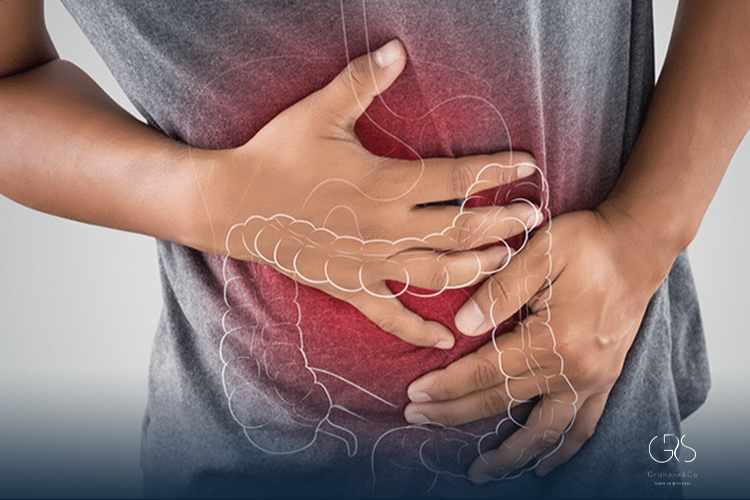Constipation is a common issue that affects millions of people worldwide. It can result in discomfort, bloating, and an overall feeling of sluggishness. While several factors contribute to constipation, including lifestyle choices and underlying health conditions, your diet plays a significant role. In this blog post, we will delve into the foods that should be avoided to relieve constipation.
Refined and Processed Foods:
Refined and processed foods, such as white bread, pastries, and fast food, are low in fiber and high in unhealthy fats. These foods lack essential nutrients and can slow down the digestive process, leading to constipation. By reducing your intake of these items, you can enhance your digestive health.
Dairy Products:
Many dairy products, especially cheese and ice cream, can exacerbate constipation. They are often low in fiber and can cause intestinal discomfort. By opting for alternatives like plant-based milk or lactose-free products, you can alleviate constipation symptoms and improve overall gut health.
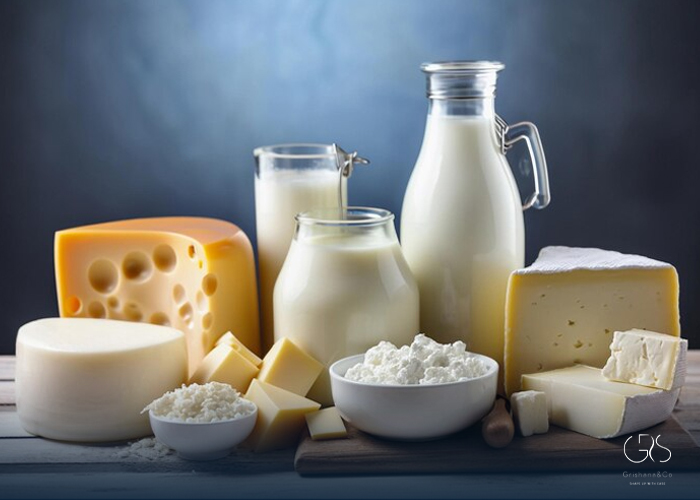
Red Meat:
While red meat is a good source of protein, it can be challenging to digest due to its high fat content. This can lead to constipation, especially when consumed in excessive amounts. Consider limiting your intake and diversifying your protein sources with lean meats, poultry, fish, or plant-based protein options.
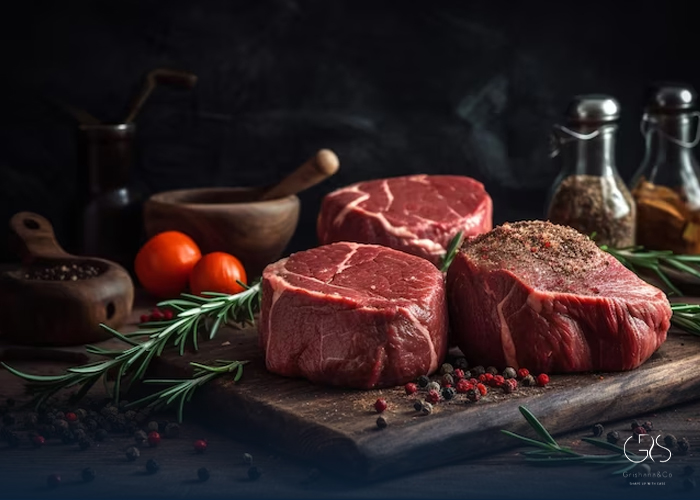
Fried and greasy foods are notorious for causing digestive issues, including constipation. These foods are often high in unhealthy fats and lack the necessary fiber to facilitate regular bowel movements. Opt for healthier cooking methods, such as baking, grilling, or steaming, to prevent constipation.
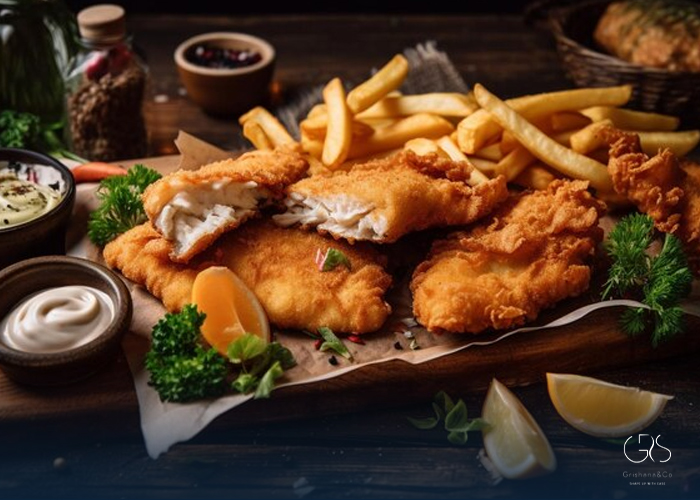
Highly Processed Grains:
Refined grains, including white rice, white pasta, and white flour products, have been stripped of their fiber and nutrients. They can lead to constipation due to their low fiber content. Replace these processed grains with whole grains like brown rice, whole wheat pasta, and quinoa for a fiber-rich diet that promotes healthy digestion.
Unripe Bananas:
While bananas are generally considered a healthy fruit, unripe bananas are high in starch and can contribute to constipation. Ensure you consume ripe, yellow bananas that are easier to digest and provide more natural fiber content.
(I recommend checking out my article on the health benefits of bananas for valuable insights)
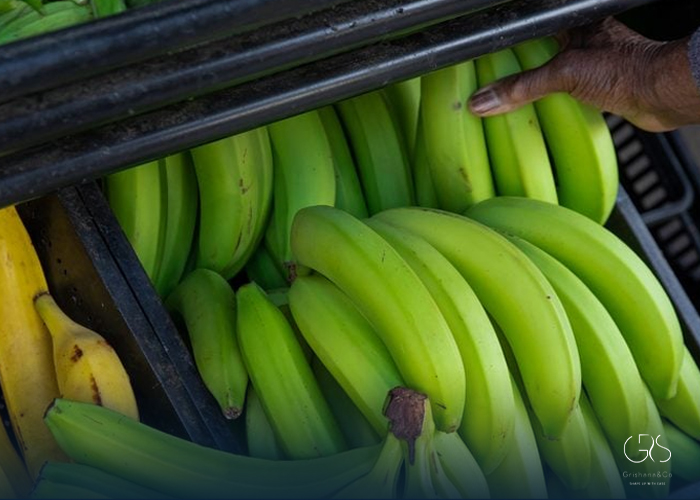
Caffeine and Alcohol:
Both caffeine and alcohol have dehydrating properties and can disrupt the natural balance of fluids in the body. Dehydration is a common cause of constipation, so it’s essential to limit your consumption of these substances and ensure adequate hydration.
Conclusion:
Constipation can be a frustrating and uncomfortable condition, but by avoiding certain foods and adopting a fiber-rich diet, it can be effectively managed. This article explored the foods to avoid when constipated, providing insights from a dietitian and backed by relevant statistics. Remember to consult with a healthcare professional for personalized advice based on your specific dietary needs and health conditions.
By implementing dietary changes such as reducing refined and processed foods, limiting dairy and red meat, avoiding fried and greasy foods, opting for whole grains, consuming ripe bananas, and moderating caffeine and alcohol intake, you can promote healthy digestion and prevent constipation.
Sources
- National Institute of Diabetes and Digestive and Kidney Disease, Eating, Diet, & Nutrition for Constipation
- Harvard Health Publishing,
- Mayo Clinic,






